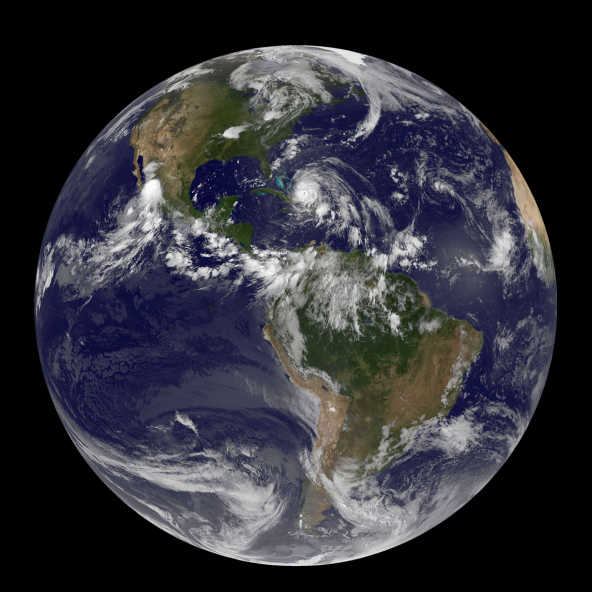
Photo source: Thinkstock
London
Most habitable planets may lack dry land and would be dominated by oceans spanning over 90 per cent of their surface area, scientists say.
Researchers at the University of Barcelona in Spain have constructed a statistical model — based on Bayesian probability — to predict the division between land and water on habitable exoplanets.
For a planetary surface to boast extensive areas of both land and water, a delicate balance must be struck between the volume of water it retains over time, and how much space it has to store it in its oceanic basins.
Both of these quantities may vary substantially across the full spectrum of water-bearing worlds, and why the Earth's values are so well balanced is an unresolved and long-standing conundrum.
The model predicts that most habitable planets are dominated by oceans spanning over 90 per cent of their surface area.
This conclusion is reached because the Earth itself is very close to being a so-called 'waterworld' — a world where all land is immersed under a single ocean.
"A scenario in which the Earth holds less water than most other habitable planets would be consistent with results from simulations, and could help explain why some planets have been found to be a bit less dense than we expected," said Fergus Simpson, from University of Barcelona.
Simpson found that the Earth's finely balanced oceans may be a consequence of the anthropic principle which accounts for how our observations of the universe are influenced by the requirement for the formation of sentient life.
"Based on the Earth's ocean coverage of 71 per cent, we find substantial evidence supporting the hypothesis that anthropic selection effects are at work," said Simpson.
To test the statistical model Simpson has taken feedback mechanisms into account, such as the deep water cycle, and erosion and deposition processes.
He also proposed a statistical approximation to determine the diminishing habitable land area for planets with smaller oceans, as they become increasingly dominated by deserts.
Simpson suggests that a selection effect involving the balance between land and water caused life to evolve on this planet and not on one of the billions of other habitable worlds.
"Our understanding of the development of life may be far from complete, but it is not so dire that we must adhere to the conventional approximation that all habitable planets have an equal chance of hosting intelligent life," Simpson said.
The study was published in the journal Monthly Notices of the Royal Astronomical Society. — PTI


























